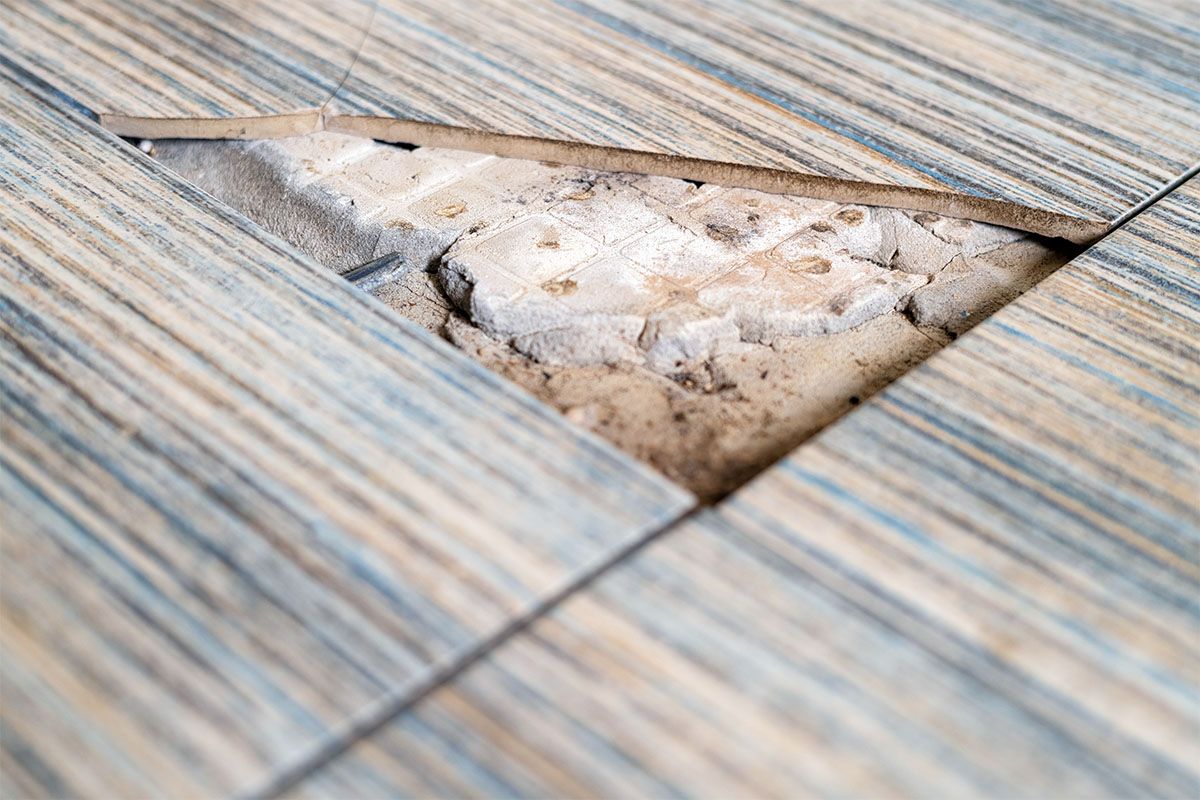Environmental Compliance in Businesses: 5 Ways to Conserve Energy in the Workplace
Environmental compliance refers to the process of adhering to environmental laws, regulations, and standards set forth by governing bodies. For businesses, ensuring environmental compliance is not only a legal obligation, but a smart financial strategy.
As Energy Management specialists,
Cordtape Environmental are continuously looking for ways that companies can improve energy efficiency using both simple and advanced tactics. These are our top 5 recommendations for reducing your carbon footprint.
1. Upgrade lighting systems
Office lighting accounts for a significant portion of energy consumption in most workplaces and industrial buildings.
To conserve energy:
- Switch to LED lighting
- Install motion sensors/timers
- Use natural light wherever possible
- Schedule regular maintenance
- Keep lights off in unoccupied rooms
2. Reduce heating and cooling usage
Heating, ventilation and air conditioning (HVAC) systems contribute to approximately 40% of energy costs in commercial buildings.
1. Double check your insulation
Up to a third of heat will escape through your building’s roof if it is uninsulated. Make sure all existing insulation is effective, asbestos free, and working for your workplace. Invest in a survey to make sure you’re not losing heat through your wall and roof insulation.
2. Install a smart thermostat
Smart thermostats can be installed in offices and are one of the best ways to save energy on heating and cooling your office space.
You can schedule times that you’re in the office, switch the heating off over the weekends, and allow multi-room control. This means you can leave the heating off in meeting rooms and unused office space when they are not in use, thus improving energy efficiency and saving you money.
3. Educate your employees
Introducing rules for your on-site heating and air conditioning will amount to nothing if your employees start manually adjusting the settings. Make sure they are aware of the times in which you need your heating on, set standard temperatures for the office and sit employees who are sensitive to the cold near radiators.
4. Upgrade windows
Outdated windows let heat escape, making your office far less energy efficient.
Make sure your windows are:
- Sealed properly with caulk
- Double or triple glazed
- Draught proofed with weather stripping
- Fitted with thermal curtains/blinds
If you suspect your workplace is losing heat through the windows, you can hire an energy surveyor to inspect the condition of your windows and suggest ongoing solutions.
5. Upgrade your air conditioning
Air conditioning units are a cost-effective, energy efficient and renewable way to control the temperature of any building, whatever the weather. They are known to heat up much quicker than radiators and pipework systems which means they use less energy.
They are known to produce three times as much heat per kW than traditional heating systems, and prevent heat loss through pipework.

3. Encourage employee engagement
Employee behaviour and engagement plays a crucial role in energy conservation in any workplace. Encourage employees to turn off lights, equipment and PCs when not in use.
Energy can so easily be sucked from a building if devices are left idle. This is known as vampire energy, and is one of the most unnoticed money pits in places of work.
Kitchen appliances like kettles, water heaters and microwaves continue to use energy even when they are not actively in use, so encourage your employees to switch them off at the plug when they are finished using them.
Likewise, PCs, laptops, monitors and projection screens have the same effect. Regardless of whether you are in an office, industrial site or retail environment, switching these off instead of leaving them on standby can make your business more energy efficient overnight.
4. Invest in thermal insulation
Thermal insulation has numerous applications in businesses including improving the energy efficiency of:
- HVAC industrial pipework
- Furnaces, exhaust systems and ductwork
- Fire cladding
- Cryogenics, vessels, tanks and process pipework
Not only does thermal insulation reduce energy consumption and costs, it similarly enhances the safety of workplaces, reduces environmental impact, and increases the longevity of equipment.
By protecting equipment in this way, you can delay the natural deterioration of materials that occurs over time and leads to less energy efficient systems.
5. Get regular energy surveys
Energy experts can identify gaps in your company’s energy efficiency quickly. By scheduling regular audits, advantageous changes can be made that take time off your hands and save you money as you continue to reduce your business’s carbon emissions.
At
Cordtape Environmental, our
Energy Management Specialists provide outstanding Energy Survey and Thermal Inspection Reports. We not only inspect your business for environmental compliance, we identify where positive changes can be made and highlight recommendations to make your business as energy efficient as possible.
Contact Us today to discover what we can do for your business.




